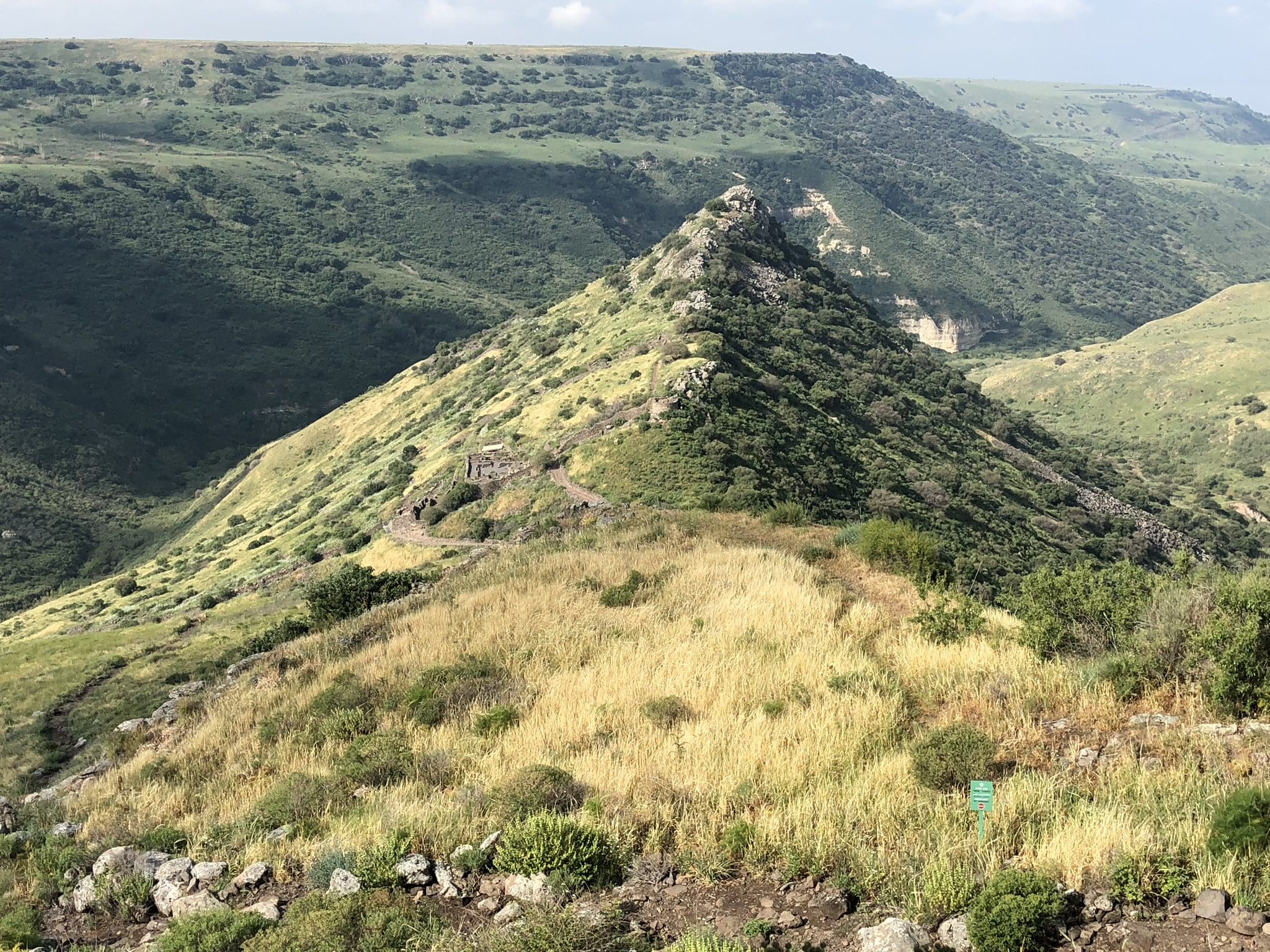Almost by definition, the stories of great battles are the stories of soldiers specifically trained to carry out the art and science of war. With the balm of time and physical distance, the horror of a battle is sanitized by telling ourselves that – even when the soldiers were conscripted – the participants knew what they were doing.
Sometimes that’s true, maybe even often. But it is’t always. Take, for example, the story of the ancient Israeli city of Gamla. This town was the site of a ferocious siege involving thousands of people lasting more than a year.
Gamla had long been apathetically loyal to Rome – which is to say, they simply stayed out of everyone’s way. But as the Great Revolt led by independence-minded Jews gained steam in the 60s A.D., and the Roman military machine began committing horrendous atrocities to clamp it down, Gamla’s apathy turned into a resolve for independence.
Unlike the more famous Masada in southern Israel near the Dead Sea, Gamla was simply a town. Where Masada was purpose-built as a military fortress, Gamla was a collection of homes, shops, and a synagogue built on a steep hill. Even today the prominent outcropping resembles a camel’s hump – hence the name Gamla, which is the Aramaic word for that beast of burden.
Gamla was out of the way, overlooking from a distance the Sea of Galilee – but as its loyalties shifted, it became an object of Roman ire. Some 60,000 Roman soldiers laid siege to the town, which typically had a population of less than 3,000 – though by some reports the “population” might have doubled that number in refugees just before the Romans arrived.
Yes, Gamla eventually fell. But, again unlike Masada where the entrenched defenders chose suicide over death or capture, the people of Gamla fought to the bitter end. This town – again, not a fortress, not a military outpost – held off the greatest military force the world had ever seen for more than a year. These simple people made a mockery of the Romans.
The people of Gamla fought with the righteous fervor of people who have no choice but to fight. As the Roman historian Josephus described it, “The effect on the Romans was devastating.”
The reason why is the most obvious: they simply refused to give up. The people of Gamla were not occupying an antiseptic position chosen by military tacticians, they were defending their homes. These real people fought not because they were conscripted, or even for the sake of esoteric principles in an ill-defined cause, but because they and their very real families were threatened.
A town that should have been casually wiped from the face of the earth instead drained the Romans of time and energy. People who should have withered at the sight of the advancing legions instead held firm.
Even with defeat inevitable, the people of Gamla decided to go down fighting. They remained faithful to their families, their neighbors, and, yes, even to the cause to which they were reluctant combatants.
We’re not always going to find success in our fights, but we, like the people of Gamla, should strive always to be faithful.





